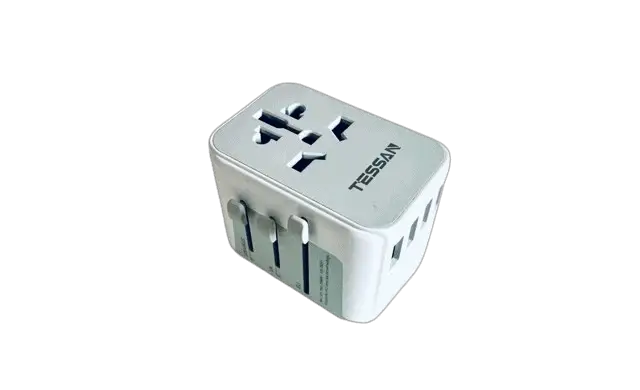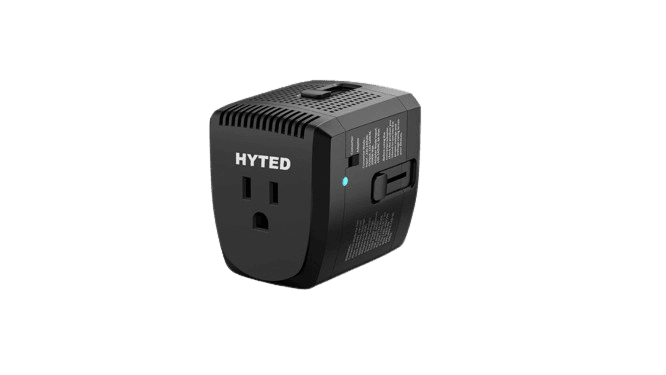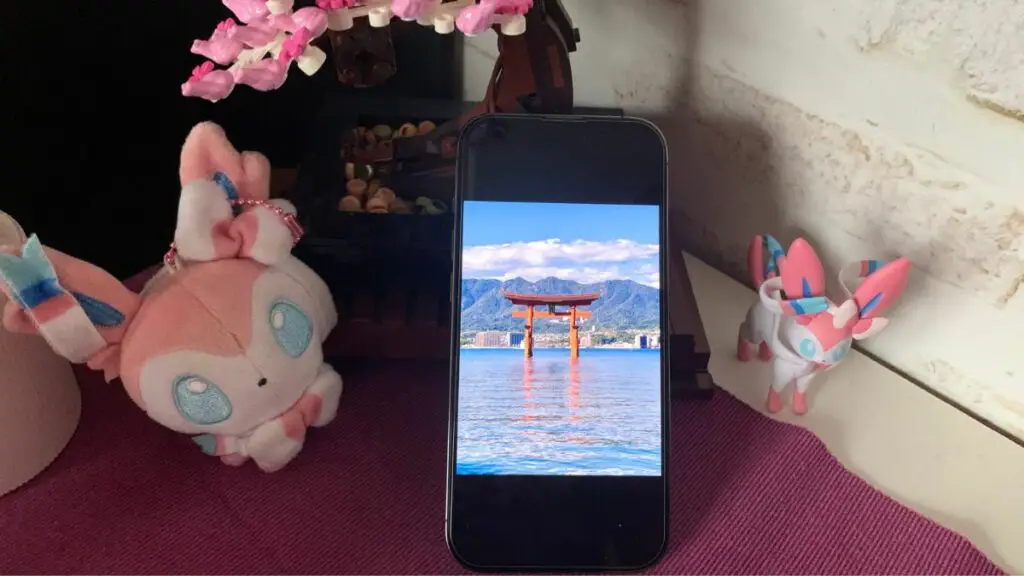Jet lag is the big bad J word that can ruin a great part of your holidays. We all know that jet lag gets us sleepy and all that, but what do you know about the other symptoms and the things that can impact jet lag, making it worse? Or, on the other hand, what are the things that can make it easy and save your holidays? Let me show you exactly what you need to know to give you the possibility of having a great trip to Japan.

© Ana Costa
Jet lag is worse when returning to the United States, as it is an east-direction flight. Jet lag is due to the high number of time zones crossed and the body’s inability to adapt immediately to the new time zone, especially when advancing circadian rhythms.
OK, this seems a little complicated, so let’s break this information down into different parts, and explain in detail all you need to know about jet lag.
Jet Lag: Definition, Symptoms, Causes and Recovery

Definition
The feeling of tiredness and confusion that people experience after making a long journey by plane to a place where the time is different from the place they left
Jet lag is a temporary sleep disorder that impacts the circadian rhythm. All the biological rhythms are controlled by the body’s circadian clock, so if you suffer from this disorder, you will show several biological disruptions.
Symptoms
Here’s a list of the most common symptoms you can experience during jet lag:
- Insomnia
- Fatigue
- Anxiety
- Dehydration
- Nausea
- Headache
- Daytime sleepiness
- Confusion
- Increased irritability
- Digestive problems
- Difficulty concentrating
- General malaise
- Dizziness
You can experience other symptoms, but these are the most frequent.
Causes
Now that you know how to identify jet lag, let’s move on to what causes this disorder. Yes, you will say that long-distance flights are the cause – and you’re right – but there are other factors to consider.
Hey, check out these recommendations I have for you!
Before going any further, take a look at some of the recommendations I've handpicked for you. I think these are essential items you should have on your trip to Japan. You can check them out and buy them directly from Amazon.

|

|

|
| A universal travel adapter | A 10,000 mAh power bank | A travel adapter and converter |
So first we have the distance. Since the human body wasn’t designed to move across many time zones at high speed, this means that the farther you travel, the more time zones you’ll cross, and the worse jet lag will be.
Second, if you travel to the east, this will also make your jet lag worse. With a 14-hour difference in time between New York and Japan, you can imagine fatigue and all the other symptoms as you restart your day without sleeping.
Let me help you better understand with a flight example. Imagine your return flight to the United States takes off at 11 a.m. (Japan time) and lands in New York at 10 a.m. the same day (US time). This means that when you land in the US after a 13-hour flight, you have to restart your day, while your internal clock thinks it is already midnight. I’ll bet you’ll be exhausted. A tiring long flight plus a huge time difference equals tremendous jet lag.
Dreaming of Japan? Here’s your go-to guide for a great trip.
Download Free Guide
Last but not least, the airplane can also make your jet lag worse due to lower air quality, lower humidity, and uncomfortable conditions.
Recovery
All these three causes together can create a huge jet lag that impacts your life for a long time. But how long does jet lag last?
You must know that the average recovery is one to two time zones each day, so when returning from Japan you will have a hard time getting your internal clock right. I would say that you can prepare yourself for at least 7 days of jet lag if you manage to advance your internal clock by 2 hours each day. If you manage to advance only 1 hour each day, it will take you twice the time to get rid of jet lag.
The first days are the worst, but you will get better over time, so don’t worry that much about it. Still, if the fear of jet lag is haunting your thoughts, you must know that there are a few things you can do to minimize the effects.
Let’s take a look at what you should and shouldn’t do.
What Can You Do to Minimize Jet Lag Effects?

© Ana Costa
OK, you got it: jet lag is a terrible thing that can ruin the end of your holidays in Japan with a long-distance eastward return travel. Luckily, with all the studies that have been made to understand jet lag, we now have the answers to minimize the effects.
The most important thing to do is to adapt your schedule accordingly. Check the time difference between your country and Japan, then adjust your sleeping/waking time. The goal is to have the smallest difference possible between the time you go to bed in your country and the time you will be going to bed in Japan. Ideally, start this practice a few weeks before your travel. By doing this, it is as if you cross fewer time zones the day you travel and therefore jet lag will be less severe.
Wondering how long is a flight to Japan? Feel free to check my other article with some flight examples.
Try to be as well-rested as possible before your departure. The flight will be very long and exhausting, so don’t add extra fatigue before the travel. Getting plenty of rest will allow you to manage jet lag better. I know it might be difficult to sleep the night before your flight because of the excitement, but it is really important to do that. Luckily for us, our flight landed late at night in Haneda, so we went straight to the hotel to have a good night’s sleep.
Don’t know where is Haneda airport? Read my article about Tokyo’s airports.
While on the plane, change your clock to the destination’s local time, as it will help you adapt faster to the new time. If it is nighttime in your destination, try to get a long sleep on the plane, but if it is daytime in your destination, avoid sleeping during the flight. Exceptions can be made to 20-minute naps as they don’t interfere with the sleeping time, but don’t sleep for more than 20 minutes. We made a few short naps during our flight to help fight fatigue, and it helped us a lot.
Once you arrive at your destination, get as much sunlight as possible. This is very important as bright light is the main factor in resetting your internal clock. If you arrive in the morning, don’t go to sleep even if you’re tired, and try to get the most out of daylight. However, if you arrive in the evening or late at night, try to start a relaxation process and go to bed as soon as possible. Start your day with an early outdoor activity to help reset your internal clock.
Insider tips for your Japan trip. Quick, easy, and free!
I Want This
There are other small, easy things that can help a lot to minimize jet lag, like drinking a lot of water to avoid dehydration (one of the jet lag symptoms) and moving around while in the plane and after landing. Also avoid caffeine and alcohol before the flight, during the flight, and even a few days after. These two substances can really affect your already disturbed sleep.
And if you’re having a hard time getting to sleep, try taking a hot bath before bedtime. Since the temperature will drop right after, that can help you get sleepy.
Some people also take medication to help, but if you do all the things I’ve mentioned above, you already have a good chance of taking care of your jet lag. Anyway, always talk to your doctor about medication if you really feel that you will need it.
To help you with jet lag, you can try homeopathic jet lag prevention pills (they don’t interfere with your eventual medication) or a supplement for hydration (also natural). If you’re like me and have a hard time drinking water just for hydration, the supplement option can be of great help. These products are easily found online in shops like Amazon. I’ll give you two links if you want to have an idea of the natural products that can help you with jet lag:
Conclusion
So, there you have it – jet lag isn’t just about feeling a bit sleepy; it’s a whole disruption of your body’s internal clock, messing with your circadian rhythm. And guess what? The return flight from Japan to the United States, with its eastward direction and multiple time zones, is like turning up the dial on this disruption.
But hey, it’s not all doom and gloom. Armed with a few tricks, you can minimize the jet lag effect. Adjust your schedule before you travel, get a good night’s sleep, play with your in-flight nap strategy, soak up some sunlight at your destination, and, for goodness’ sake, stay hydrated. Caffeine and alcohol? Maybe not your best buddies during this jet lag battle.
So, the next time you’re planning that epic trip to Japan, remember that the battle against jet lag starts long before you board that plane. Stay prepared, stay hydrated, and maybe invest in a good neck pillow – your body will thank you for it!
Before I end this article, I just want to share with you this nice video with 14 tips to help you avoid jet lag:
I hope all this helps and if you have any other tips to deal with jet lag, just leave your ideas in the comments below.



